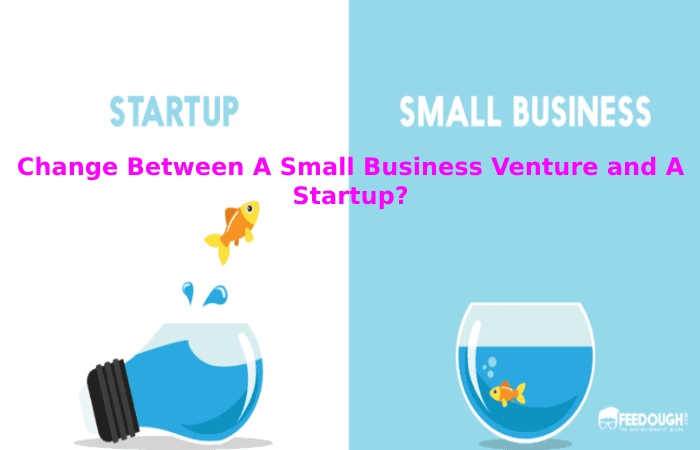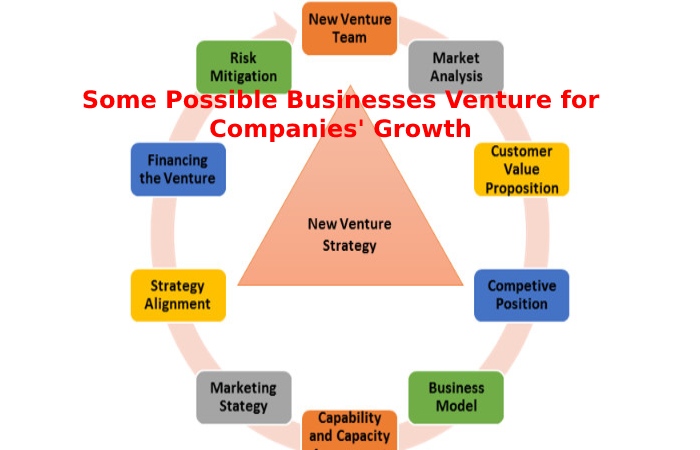Table of Contents
Introduction
The definition of a business enterprise (Venture) is a new business that remains formed with a plan and the expectation that financial gain will follow. This type of business remains often called a small business. Because it typically starts with a small number of financial resources.
A business enterprise (Venture) remain usually formed out of a need for a service or product that is missing from the market. This need is often a product that consumers request or something that serves a particular purpose. Once the need is determined, an investor or small business with the time and resources to grow and market the new service or product can start a business venture. Most likely, the development will be financed in its early stages by an investor, usually the company’s owner or the creator of the idea. Business ventures are often financed by more than one investor, expecting the plan to pay off over time.
As the business gets off the ground, more investors may become involved to provide support. And also capital to expand the development and commercialization of the business. But, of course, all of this remains done to spread a substantial profit to all investors.
Change Between A Small Business Venture and A Startup?
When I hear the word “startup,” my mind directly starts replaying a reel of a group of web developers in their twenties, huddled together in a retro office. Somewhere in the San Francisco Bay Area—drinking beer at noon, laughing at the epic cool culture they have, and chatting about the fact that they spent the weekend hanging out with their best capitalist friends. Since you have interested, you may also read this article: What is an Important Section of a Business Plan
Small-Business Venture Vs. Startup
The main difference between startups and traditional business ventures is how they look at growth. Unlike traditional businesses, startups remain designed to grow quickly. It requires startups to have something to offer to a very large market, which is why most startups are tech companies. However, for most companies, a large market is not a requirement.
Another common change between startups and traditional businesses is the source of funding. Startups often rely on capital from angel investors or venture capital firms, while traditional small businesses often rely on grants and loans. In general, venture capital providers tend to play a more active role in the company they invest in, unlike small businesses, where lenders tend not to play an active role. After all, investors bear the greatest risks regarding business ventures and are more likely to advise and offer help.
Some Possible Businesses Venture for Companies’ Growth

Establish a Venture Organization: If the odds in contradiction of a new risky strategy are high, what makes it attractive? The answer is quite simple: the alternatives are not better. No other strategy for increasing size growth or profitability currently offers a greater chance of success. Consider.
The spectrum of risk Venture strategies: Annex I shows the range of alternative strategies for launching new businesses. At one extreme are those approaches that remain essentially characterized by low company involvement; on the other, approaches that high demand levels of the pledge in dollars and in management time.
Joint ventures: Because I believe this approach is of particular importance, I will discuss it in more detail later. Here large and small companies jointly participate in new ventures. Small businesses bring entrepreneurial enthusiasm, vigor, flexibility, and advanced technology; the big, capital, and, perhaps more importantly, global marketing, distribution, and service channels. This combination enables the rapid diffusion of technology-based product innovations in large national and international markets. Key Lessons from Business Venture Studies.
Also Read: Online Business Marketing Strategies
About Successful Startup Strategies
They require long-term persistence. How much is long-term? At a minimum, if a corporation isn’t willing to commit to a five to the seven-year stake, it shouldn’t even consider starting new ventures. What is needed is “patient money”: money in the hands of an administrative group that is centrally concerned with the future development and development of the company, money that does not need to generate profits for years to come. Ten to twelve years is a more informed time frame.
They depend on business behavior. The basis of any risk strategy is the attempt of a large company to link up with or emulate a small entrepreneurial company. It is surprising because it violates many textbook arguments for economies of scale. However, increasingly multi-billion dollar and multi-million dollar corporations are trying to downsize. The way they operate when they want to enter new business areas.
No single strategy works for everyone. What works for 3M won’t essentially work for each corporation. There are no magical formulas, and it is riskily misleading to imitate the particular success of others. The current knowledge about venture firms supports a much more modest conclusion. A variety of potential venture firm strategies are available. And also, it is up to each firm’s management to assess its own special needs, skills, and personnel.
Terms Related:
- conclusion of small business
- conclusion on business
- conclusion of startup business
- conclusion for entrepreneurship assignment
Conclusion
The conclusion of the possible business venture is a concise summary and recapitulation of the entire business plan, especially the executive summary. Summarize your business plan in 2-3 paragraphs, emphasizing the most important points.

